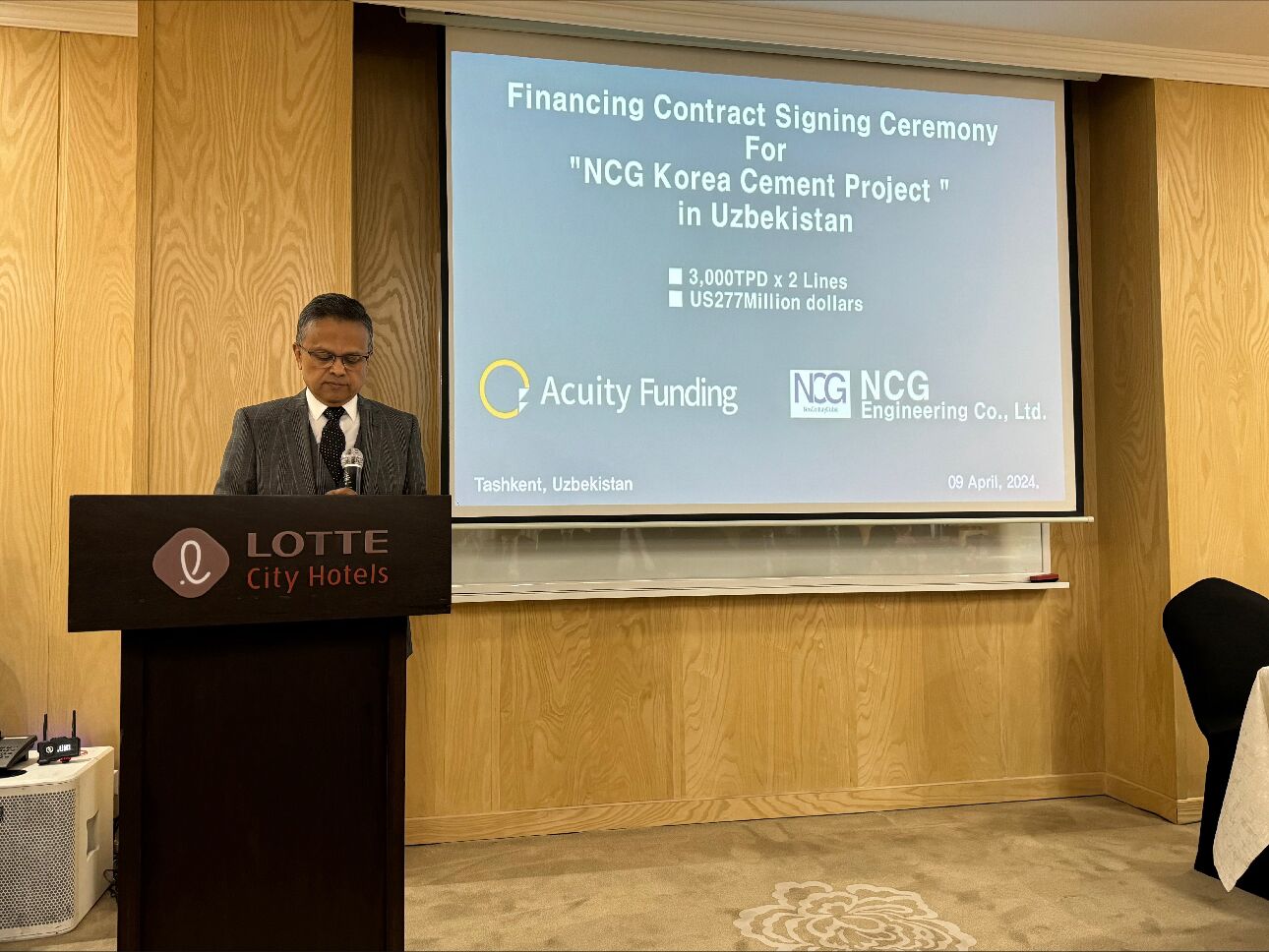A Hong Kong court has ordered indebted Chinese property company, Evergrande, to be liquidated following its latest failure to restructure and repay its debts. Let’s look at why Evergrande got into trouble in the first place and what other developers can learn from the saga.
By Jacquelene Pearson*
In the latest episode of the almost three-year unravelling of China’s property giant, Evergrande, a Hong Kong court appointed Alvarez and Marsal Asia to commence liquidation of the company, which had already filed for bankruptcy in the United States of America following its 2021 liquidity crisis.
According to the BBC, the judge did not have a good word to say for Evergrande’s attempt to stretch its deadline to come up with a restructure that would start seeing payments flow to creditors who had been waiting since 2021.
Much has been written, all over the world, about the implications of this latest court ruling. Some have compared it to the collapse of Lehman Brothers which set off the Global Financial Crisis. Other commentators have suggested that the decision made in a Hong Kong court may have no consequences for the company’s activities in mainland China.
A week has now passed since the Hong Kong court decision and there has, to date, been no seismic reverberation through international markets. That doesn’t make life any easier for Evergrande’s creditors, investors, employees or shareholders.
The company’s shares, which are listed on the Hong Kong Stock Exchange, have lost 99 percent of their value.
Evergrande has two main cohorts of creditors – and one is much more vulnerable than the other. Many ordinary Chinese citizens have purchased off-the-plan apartments from the construction behemoth. They have virtually no recourse in terms of compensation.
However, it is likely that China’s central government will do all it can to ensure apartment construction projects are not allowed to stall so that those “ordinary Chinese” do eventually end up with the homes they have already paid for.
Then there are the major corporate creditors who are more likely to benefit from the unwinding of Evergrande’s assets. One of those, a company called Top Shine Global, commenced the Hong Kong court action back in 2022 on the basis Evergrande had not honoured share buyback agreements.
According to the company’s website, Evergrande Real Estate has more than 1300 projects in over 280 cities in China “dedicated to creating high-quality and cost-effective boutique communities for proprietors”.
The action by a Hong Kong court to order a major Chinese-based corporation to be liquidated is unprecedented so it is likely to be a test case. How will the mainland government respond? While Alvarez and Marsal will be able to seize and sell off Evergrande’s assets in Hong Kong to pay off creditors, it is not certain this will be permitted on the mainland.
Lessons to be learned
Evergrande was once China’s second largest property developer, and its collapse is an excellent case study of how property developers should not behave.
The company’s reliance on off-the-plan apartment sales to everyday Chinese residents as a method of funding major projects was fundamentally flawed from the outset. When the Chinese government cracked down on this sort of speculation, Evergrande was left high and dry. It didn’t take long for it to default on its offshore debts as the cashflow from unsuspecting apartment buyers dried up.
Ranjit Thambyrajah, Acuity Funding CEO and Chair, has been warning of the dangers to the public when developers are allowed to fund their projects from deposits paid by the purchasers of the finished apartments.
“The solution is to protect the public from developers such as Evergrande who recklessly mismanage the public funds entrusted to them by the consumers. At Acuity Funding, we have never allowed any of our developers to do this kind of funding,” Mr Thambyrajah said.
Back in September 2021, the Sydney Morning Herald reported that Evergrande basically spread itself too thinly across too many diverse interests – apartment blocks, a football team, mineral water company, music, amusement parks, electric vehicles. It was a house of cards.
Then when the rules were tightened, Evergrande asked for loans from its own employees and promised unrealistic interest repayments that were never delivered.
It became completely reliant on short-term debt and ended up with liabilities worth over 80 percent of the value of its assets.
There are many lessons that developers and lenders throughout the Asia Pacific, and other markets, can learn from the Evergrande collapse. The first, and most important, is the need for major projects to be funded from long-term loans with flexible conditions and set at no more than 60 per cent of the underlying value of the project.
Acuity Funding is now recognised as the leading provider of private debt throughout the Asia Pacific. Talk to us about how to fund your next project whilst avoiding the all-to-common traps of reliance on short-term finance for long-term projects.
*Jacquelene Pearson is Acuity Funding’s content editor








